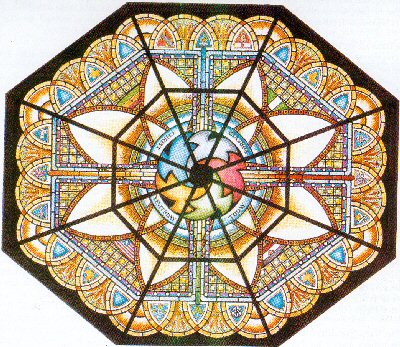Despite the extreme conservatism of the Catholic Church (the United Irishmen were roundly condemned by the great majority of the Catholic hierarchy) there were a number of like-minded priests – including Father McGinnis of Dromintine – with whom Father Coigly could empathise, radicals forged in the liberty-equality-fraternity atmosphere of revolutionary
With them they brought home to
The Catholic ‘Defenders’ are now thought to have been a somewhat more complex phenomenon that previously thought. Surely they practised overt intimidation and the odd murder was perpetrated. They were reactive to the widespread land expropriations of their time and of earlier plantations – representing resistance by the dispossessed that had been declared non-citizens in their own land. They were opposed by the murderous Peep-O-Day Boys and the recently formed Orange Order. Defenderism was most active wherever landlords’ arrogance, magistrates’ partiality and (from the mid-90s) Orange harassment were at their height, for example, in
Despite the clear tensions between Defenderist emphasis on Catholic grievance and the United Irish dictum of non-sectarianism, from the mid-1790s the two organisations were closely allied. On his return Coigly identified with the Catholics of Ulster whose security was minimal and whose disqualifications were multiple. With John Magennis of Newry and Bernard Coyle of
……. more to come ………….
